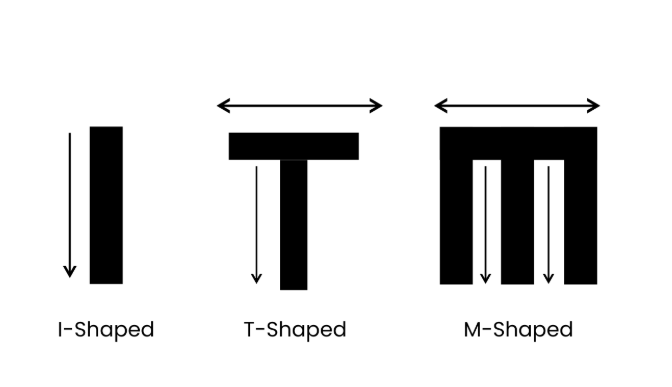
AI vs. Human: The Complexity of the Human Brain
We’re big science fiction fans here at PCDworks. Our founder and chief innovation officer Mike Rainone once made his son a replica of a phased plasma rifle from Terminator for Halloween. Despite being made out of wood, it was so realistic people stopped them and checked to make sure it wasn’t real!
The antagonist of Terminator is Skynet, an artificial intelligence. From 2001: A Space Odyssey to Westworld, sentient AI has long been a common theme in science fiction. Today, with everyone talking about ChatGPT, it feels like we are closer than ever to science fiction becoming reality.
But as advanced as AI has become, it just can’t think in the same way as a human brain. New research published this month gives us some clues why.
The human brain contains approximately 80 billion neurons. Scientists have now discovered that within those neurons, there are 3,000 different types of cells. While our brains share similar patterns of cells, every brain is unique, just like a fingerprint. Interestingly, you can even have the same type of cell in different regions of the same brain, and it will function differently, based solely on location!
It’s not just the type of cell that makes a difference. A comparison of cells in human vs. nonhuman primate brains revealed that while we share a lot of the same types of brain cells, how those cells form connections and communicate is different. Scientists now believe that our language abilities are not the result of different cells, but different wiring between cells.
With this research, we now have the largest-ever map of the human brain, which could help us treat Alzehimer’s, depression, and schizophrenia.
This is only the beginning. Who knows what new discoveries the future holds. One thing is certain, though: the human brain is almost unfathomably complex. We have a suspicion that even if you built a supercomputer with a trillion transistors, it would be missing that human spark that makes innovation possible.

